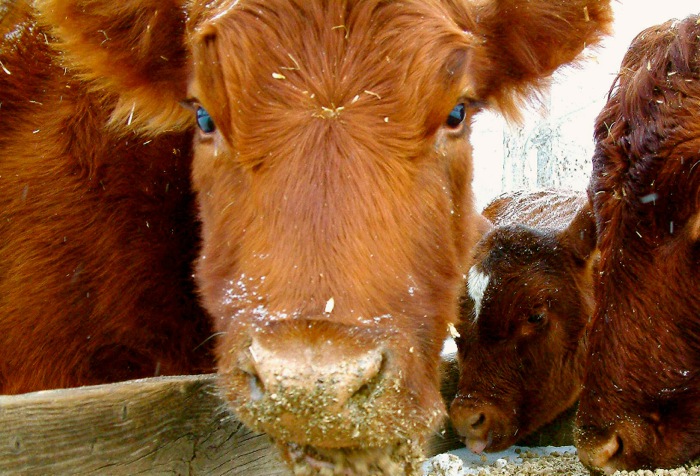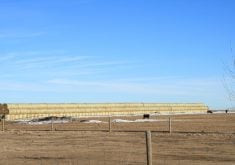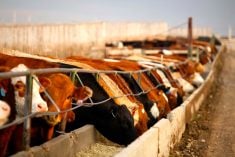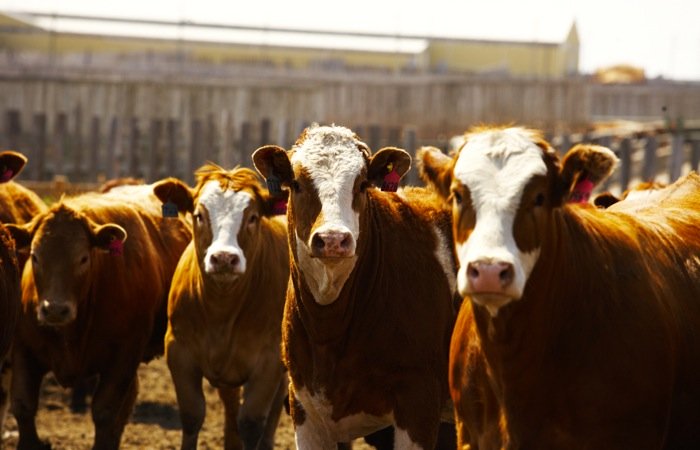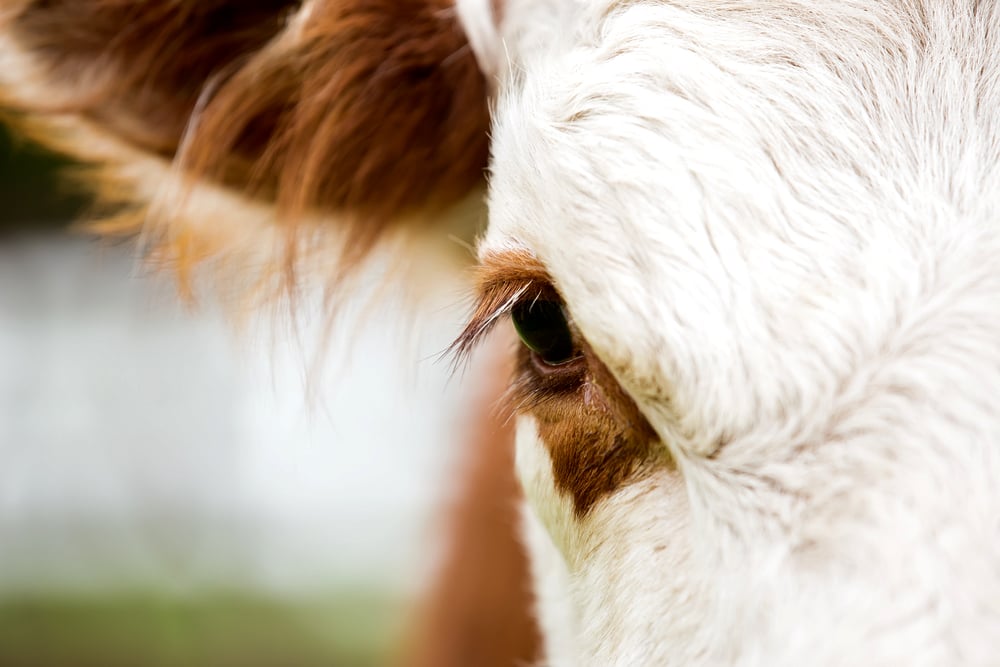The National Cattle Feeders’ Association (NCFA) has adopted a three-pronged strategy that zeros in on research, growth and sustainability for cattle feeding in Canada to improve the competitiveness of the industry.
One step in this plan is a study by Noblepath Strategic Consulting scheduled for completion late this year that will outline the potential for strategic beef alliances and identify problematic regulations so cattle feeders can build a sound case for reform.
“When it gets down to the end, we look forward to a white paper on the production and rules and regulations of each province to take to the governments, provincial and federal. They want to know what’s happening out here and this will help put teeth to it,” says NCFA chair Larry Schweitzer of Hamiota, Man., adding that the study will lay some of the groundwork for components of the new National Beef Strategy.
One pilot project that is being closely followed is looking at a full e-certification system for the export and import of cattle at the Canada-U.S. border. The acceptance of certified e-signatures on shipping documents at three border crossings starting last July has smoothly sped up crossings, aided by the fact both national governments want to see this happen, Schweitzer says.
Read Also
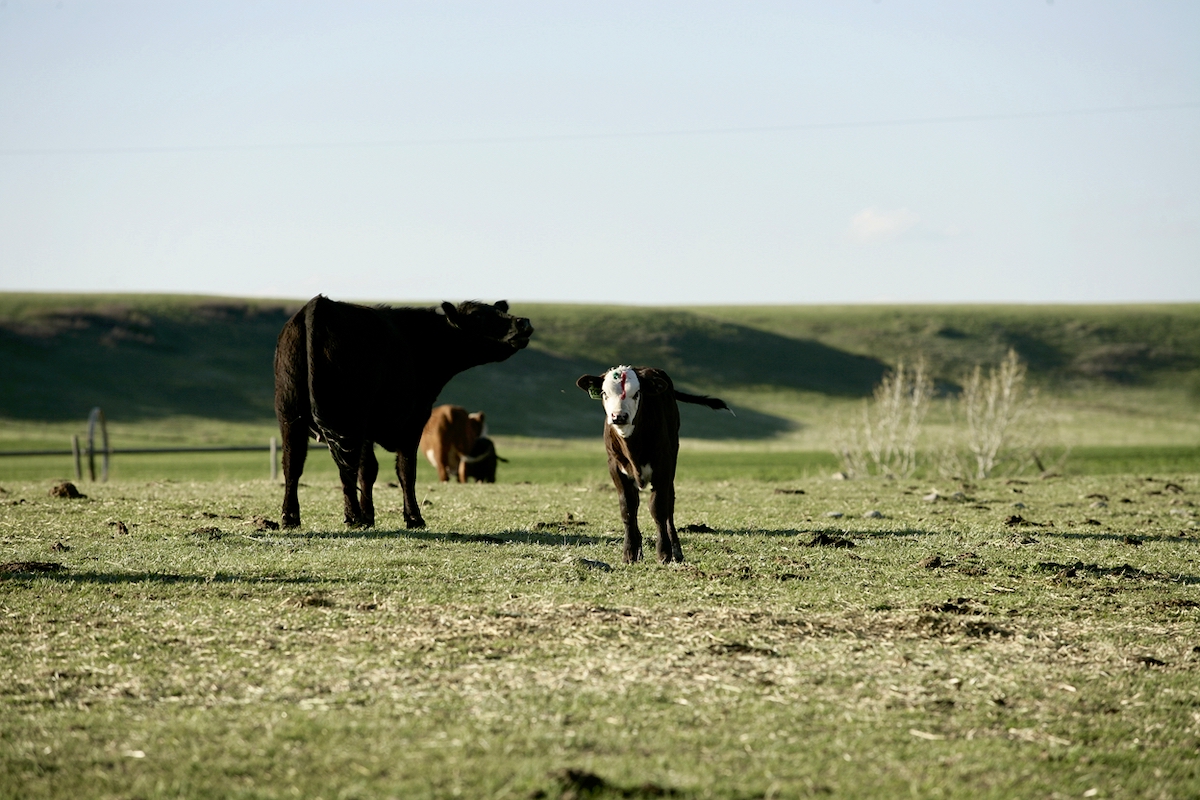
Body condition, nutrition and vaccination for brood cows
One of the remarkable events of the past century related to ranching has been the genetic evolution of brood cows….
The online system eliminates the need to run paperwork from the local veterinarian who inspects the cattle to a Canadian Food Inspection Agency (CFIA) veterinarian to be signed in triplicate and then back to the trucker. When the data is online border officials have the proper documentation on their screen before the truck arrives.
Other projects with NCFA involvement include development of a feedlot assessment tool for animal care and an emergency preparedness plan for cattle feedlots that could be used anywhere in Canada.
On another front the NCFA contributed $20,000 over two years to the Canadian Beef Grading Agency’s modernization initiative. Andre Roy from the Quebec feeders’ association is the NCFA representative on the grading agency board.
The NCFA budgets for membership in the Canadian Agri-Food Trade Alliance, Canadian Roundtable for Sustainable Beef, the Canadian Agricultural Human Resources Council (CAHRC) and the new Barley Council of Canada and is actively involved with the National Beef Strategic Planning Group, the Beef Value-Chain Roundtable, Market Access Secretariat, Beef Cattle Trade Advisory Group, Beef Cattle Policy Advisory Committee and the new Council of Beef Advisors that will guide implementation of the National Beef Strategy.
As a national group it has also provided input on proposed regulations for product-of-Canada labelling, feed ingredients and labelling, and livestock transportation while keeping the CFIA’s modernization initiative on its radar screen.
Hosting summer feedlot tours and taking part in the Ottawa Advocacy Week each November are a couple of ways NCFA maintains positive working relationships with CFIA officials and fosters an awareness of Canada’s cattle-feeding sector and the association as its national representative.
NCFA lobbying efforts on the Temporary Foreign Worker Program (TFWP) has been ongoing since the NCFA was formed in 2007 and ramped up in 2014 to have feedlots designated as primary agriculture, and exempt from the new TFWP fee and worker cap.
The Canadian Agriculture Human Resource Council (CAHRC) is moving forward on the National Labour Action Plan recommendations.
While layoffs in oil and gas industries have eased the labour shortage for Alberta feedlots, labour remains the biggest challenge for packers, followed by the uncertainties surrounding the new Safe Food for Canadians Act.
On the trade front, the NCFA continues to urge Ottawa to stand firm on retaliatory tariffs against U.S. mandatory country-of-origin labelling and press for a first-come-first-serve system for quota administration under the Canadian-European Union Comprehensive Economic and Trade Agreement.
The NCFA annual report is available on its new website at nationalcattlefeeders.ca.

